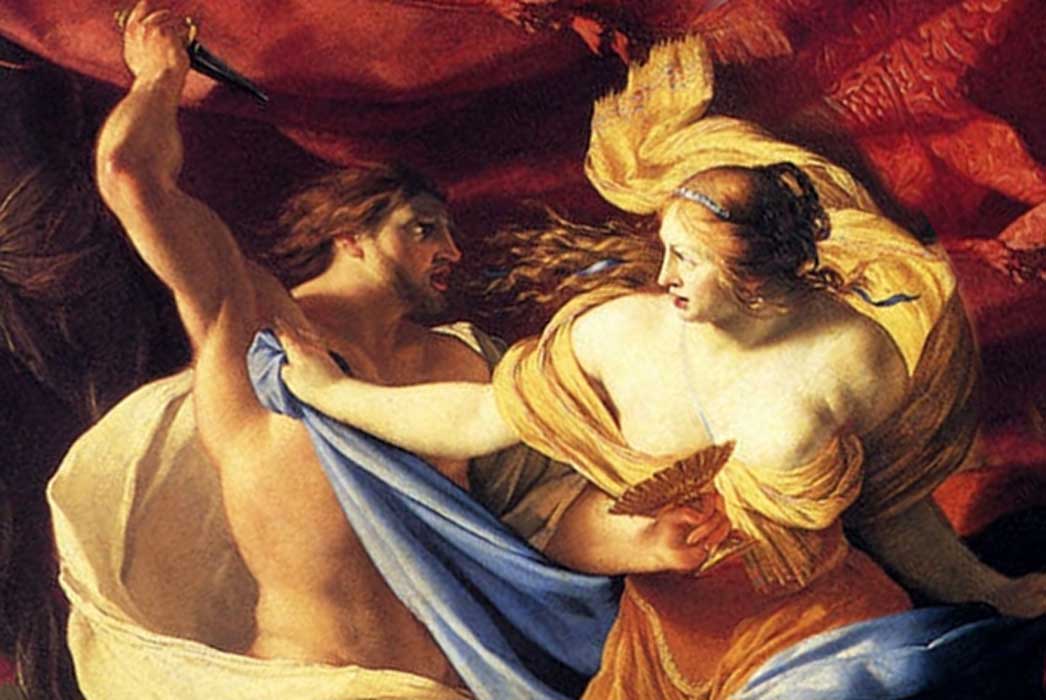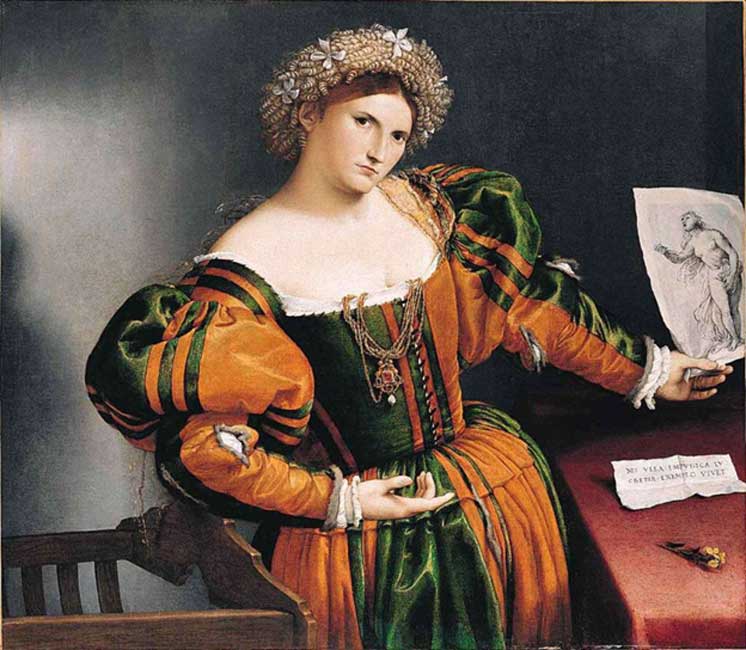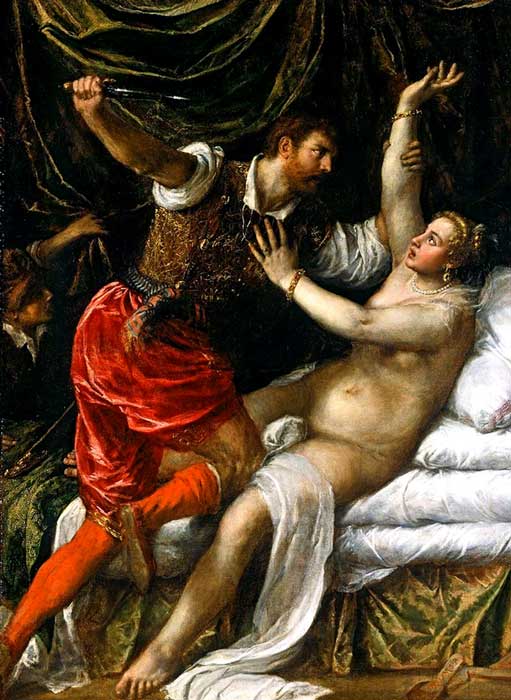
The Rape of Lucretia: A History of the Ancient Wife Who Changed the Destiny of Rome
We would often see her images and, perhaps just as often, forget her name. We see her in many classical paintings as a beautiful yet tragic figure, looking up helplessly towards a figure of a Roman soldier standing over her. However, in 16th century Europe, the opposite happened: There was no other ancient name that fuels an artist’s imagination like “Lucretia”. Shakespeare mentions her in his plays such as Titus Andronicus, As You Like It and Twelfth Night, made allusions of her in Macbeth, and draws extensively on Ovid’s treatment of her story in his poem The Rape of Lucrece (1594). However, he was not the only one fascinated by Lucretia. Among many others, mentions of her were also made by Dante in his Inferno, Geoffrey Chaucer’s The Legend of Good Women and John Gower’s Confessio Amantis. Lucretia’s name and her story were so popular that the Paduan philosopher and literary critic Sperone Speroni wrote, “There is no one so stupid that he has not heard of her.” Indeed, from the extensive portrayals of her at the time, there was simply no escaping her.
The Death of Lucretia, the Noble Wife in Ancient Rome
Sextus Tarquinius was the son of Lucius Tarquinius Superbus, the last king of Rome who was engaged in the siege of Ardea at the time. One day, Sextus invited his friends for supper and drinks at his house. Among his guests was Tarquinius Collatinus, one of his distant kinsmen. The men started talking about their wives and, fueled by wine, each of them praised his own wife excessively. Collatinus finally declared that no one was more worthy than his wife, Lucretia.

Tarquinius Superbus (Public Domain)
As his friends scoffed, Collatinus invited them to ride their horses to his house and see for themselves what his wife was doing at home. The men agreed and they all went on horseback to the city. They visited each of their houses and found every single one of their wives getting ready for a night out. Finally, they arrived at the house of Collatinus and found Lucretia, with her servants, working on her spinning in the middle of her house. It was then that Sextus was said to have been seduced both by Lucretia’s beauty and virtue.

Lucretia (Public Domain)
A few days later, Sextus returned to the house of Collatinus. Collatinus was, at this time, away at Ardea. Lucretia received him graciously and granted him the hospitality according to his status as the son of the king. Sextus waited until everyone else was asleep before taking up his sword and went to Lucretia's bedroom. Placing his sword against her, Sextus woke Lucretia with a low voice and declared his love for her. After begging, threatening and exhausting every method of seducing Lucretia, who would rather die than submit to him, Sextus finally said, “when I have killed you, I will put next to you the body of a nude slave. Everyone will say that you were killed during a dishonorable act of adultery.” With this final threat, Sextus succeeded. After he raped Lucretia, he left.

Tarquin and Lucretia, by Titian. (Public Domain)




